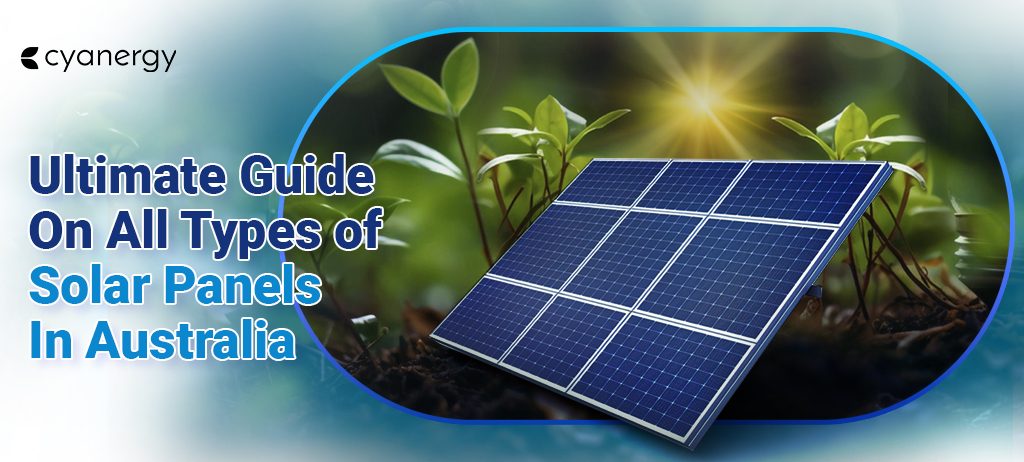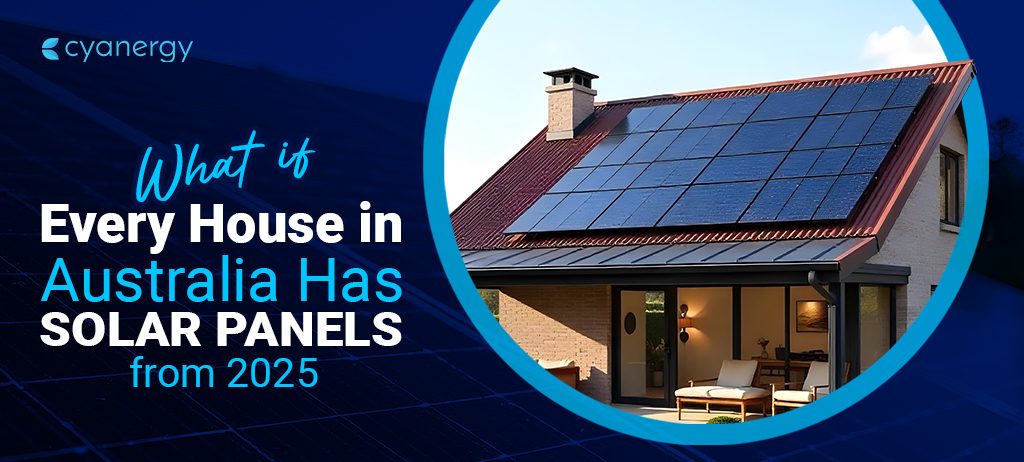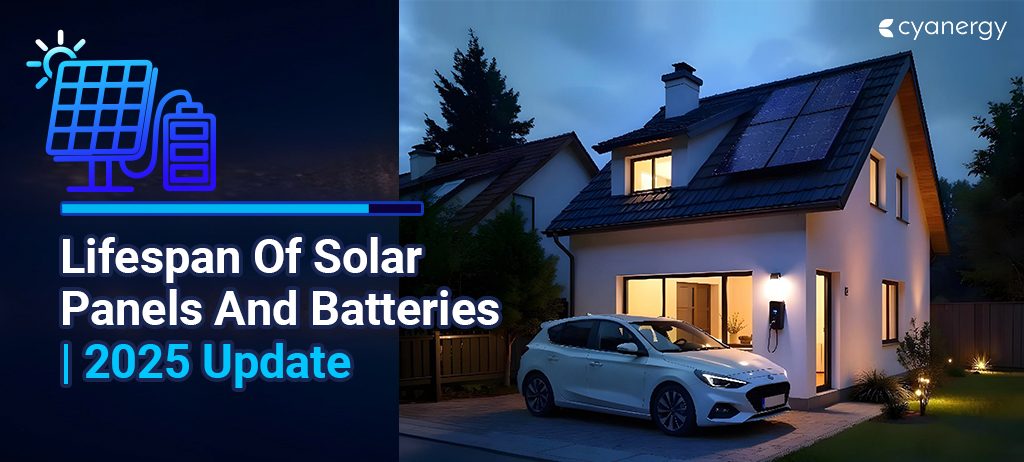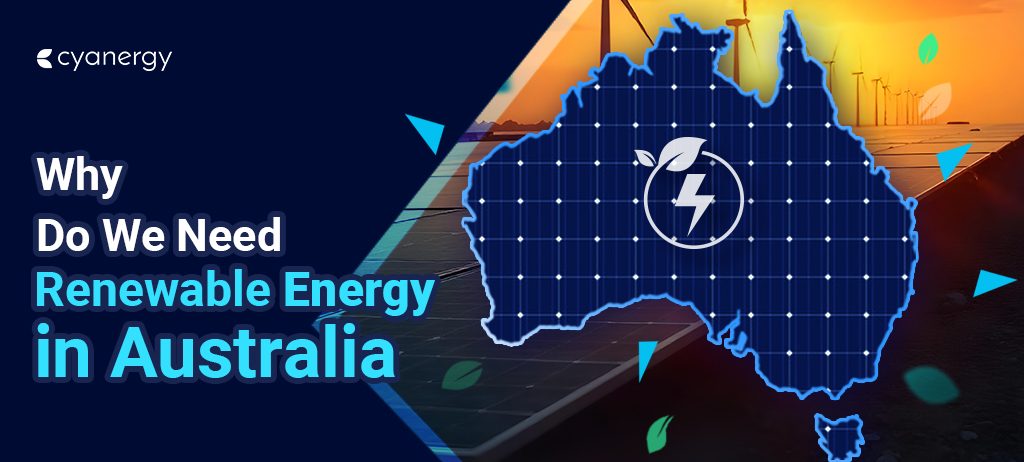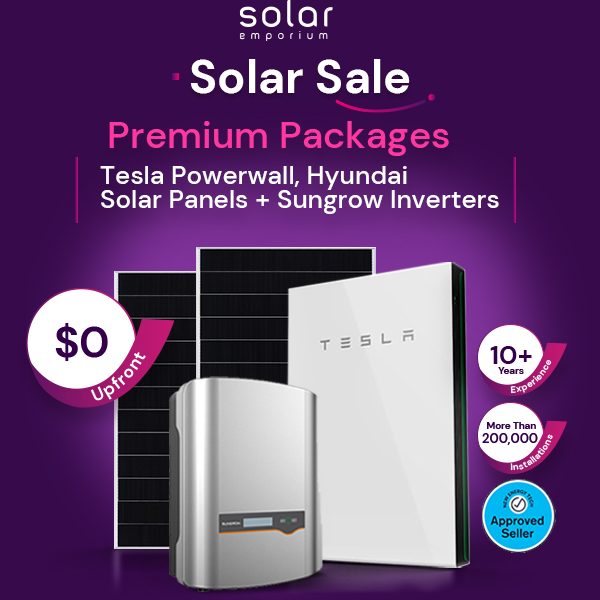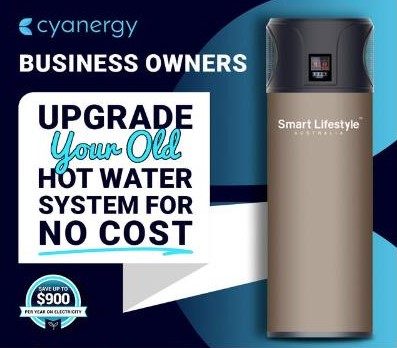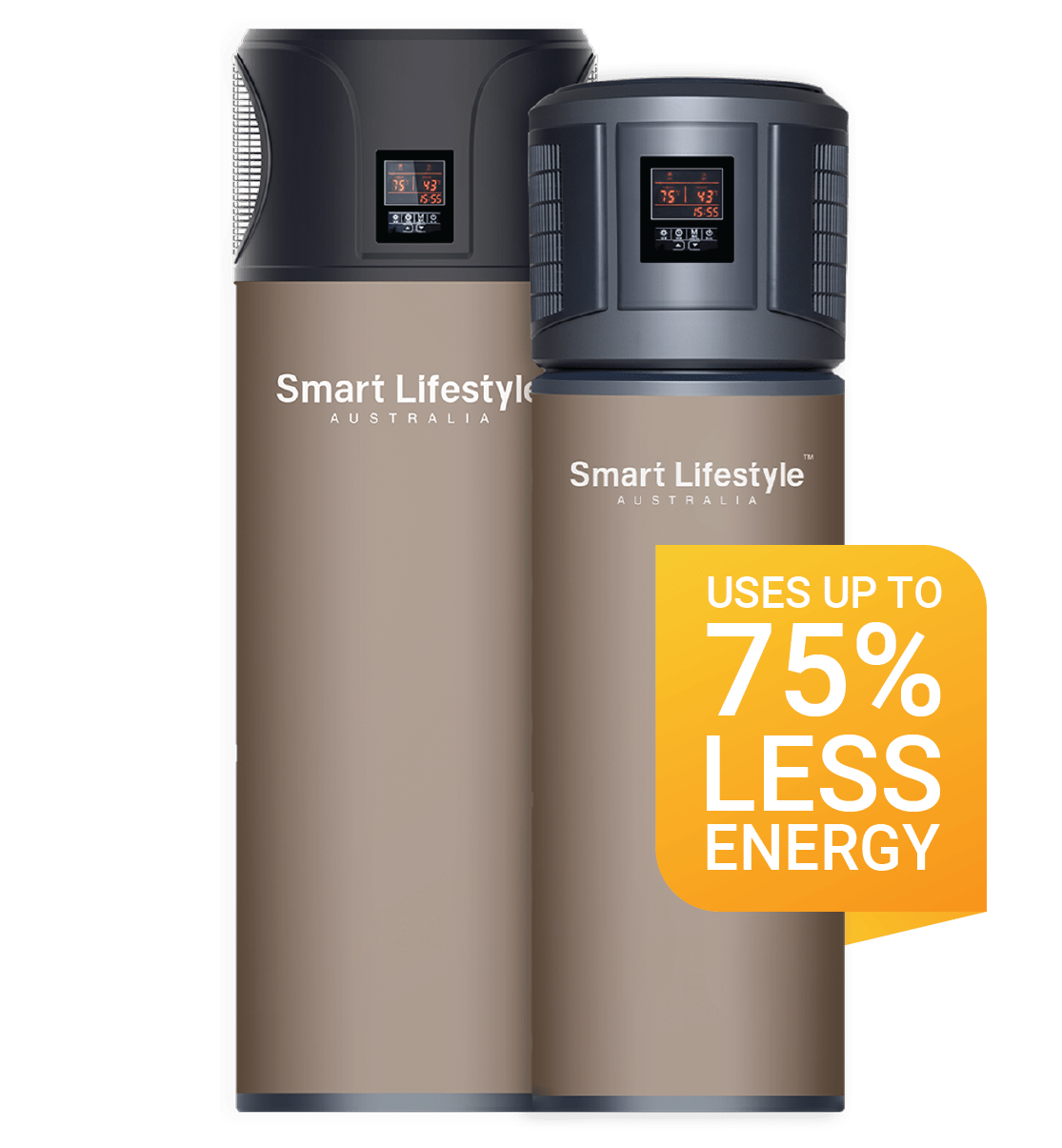1. Climate and Location: Finding Your Comfort Zone
Alright, let’s talk climate. Heat pump water heaters work by extracting heat from the air surrounding them. In warmer climates, this air tends to have more heat energy, making it easier for the system to do its job effectively. However, in extremely cold climates, there’s less ambient heat available for extraction, which means the system has to work harder to heat your water.
Although, recent advancements in heat pump water heater technology have significantly improved their performance in a wide range of climates, including more challenging ones.
Here are some key technological advancements that enhance their performance:
Variable-Speed Compressors: Modern heat pump water heaters often incorporate variable-speed compressors. These allow the system to adjust its operation based on the ambient temperature. In colder climates, they can operate at higher speeds to extract more heat from the air, ensuring efficient performance even in challenging conditions.
Improved Insulation and Tank Design: Recent models are designed with enhanced insulation and tank materials to minimize heat loss. This means that once the water is heated, it stays hot for longer periods, reducing the need for the system to kick in frequently.
Frost Protection Features: In regions prone to frost or very low temperatures, some heat pump systems have built-in frost protection mechanisms. These prevent the unit from freezing and ensure continuous operation, even in chilly conditions.
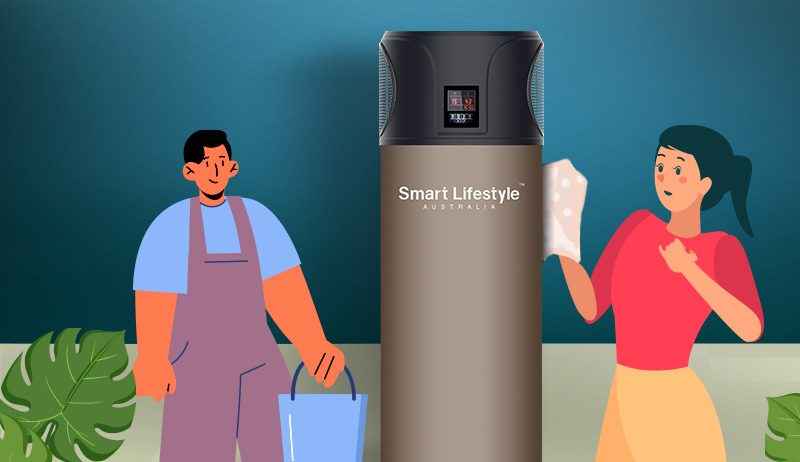
Does Heat Pump Hot Water Systems Work Good in Australian Climate?
Absolutely! Heat pump hot water systems work exceptionally well in the Australian climate. Australia, with its diverse climate ranging from tropical to temperate, is particularly well-suited for the efficiency of heat pump systems.
Here’s why:
Moderate Temperatures: Many parts of Australia experience moderate temperatures, especially along the coastlines. This is ideal for heat pump systems, as they operate most efficiently in these conditions. One of the crucial benefits of a heat pump.
Abundant Ambient Heat: Even during the cooler months, there’s still plenty of ambient heat in the air for the heat pump to extract and use to heat the water.
Reduced Energy Bills: Thanks to their energy efficiency, heat pump systems can lead to significant savings on your energy bills, which is a welcome benefit for any Australian household.
Environmental Impact: Choosing a heat pump system aligns with Australia’s increasing focus on sustainability and reducing carbon footprints. They are a greener option compared to conventional electric water heaters.
Additionally, some regions in Australia may experience extreme temperatures in summer or winter, which could affect the efficiency. In such cases, it’s recommended to consult with a professional installer who can advise on the best system for your specific location.
2. Available Space: Where Will Your New Buddy Fit?
Now, let’s talk real estate – inside your home, that is. Heat pump systems need a bit more elbow room than their traditional counterparts. Make sure you’ve got the space to accommodate this upgrade. Think basements, utility rooms, or even dedicated corners.
And don’t forget accessibility! Your technician will appreciate a clear path during installation and maintenance. Think of it like setting up a new piece of furniture – you want to ensure it’s easy to reach and service when needed.
If space is tight, there are even compact models available that can fit into smaller areas. So, no need to worry about a major home renovation just to accommodate your new, energy-efficient hot water system.
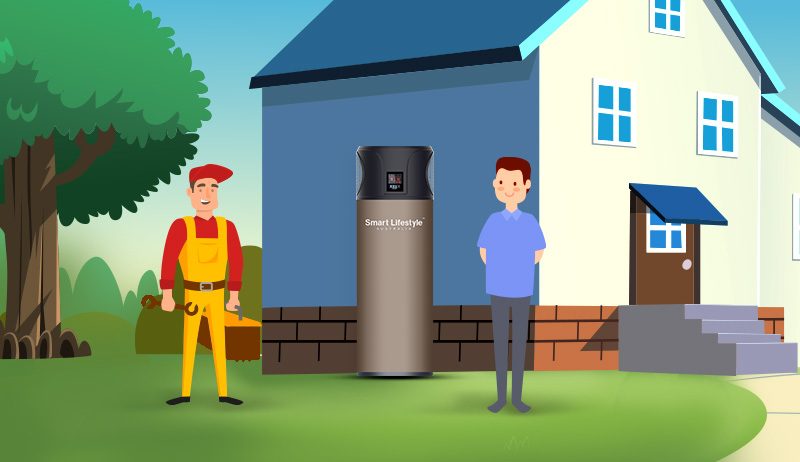
3. Energy Efficiency and Cost Savings: The Green and the Gold
This is where the magic happens! Heat pumps are like the energy-saving superheroes of hot water systems.
A traditional electric water heater often guzzles up a lot of energy. Electric water heaters function by directly applying electricity to heating the water. While effective, this process can be energy-intensive and costly.
Enter the heat pump water heater, often referred to as the ‘green’ choice. Here’s how it works: instead of generating heat, it extracts it from the surrounding air. Think of it as a reverse refrigerator – it takes the warmth from the air and uses it to heat up your water. This process is incredibly efficient and can be up to three times more energy-efficient than standard water heaters.
Now, you might be wondering, “How does this translate to cost savings?” Well, it’s pretty straightforward. When your hot water system is more efficient, it uses less electricity to achieve the same result. This means lower energy bills for you. It’s like upgrading your car to one that gets better mileage – you’ll go the same distance, but with less fuel.
Moreover, many governments and utility companies offer incentives or rebates for installing energy-efficient appliances, including heat pump water heaters. Especially the government incentive scheme is highly beneficial. This can help offset the initial cost and accelerate your return on investment.
So, in a nutshell, opting for a heat pump hot water system is like putting your money where your values are. You’ll be making a greener choice for the environment while enjoying long-term savings on your energy bills. It’s a win-win situation!
4. Installation and Retrofitting: Getting Set Up for Success
Imagine this: you’ve just invested in a top-of-the-line heat pump water heater, designed to be efficient and save you money in the long run. However, if it’s not installed correctly, you might not get the performance you’re expecting.
Here’s why proper installation is so important:
Efficiency Optimization: A correctly installed heat pump water heater ensures that it operates at its highest efficiency. This means it extracts and transfers heat effectively, resulting in hot water with minimal energy usage.
Safety First: Incorrect installation can lead to safety hazards. This could include electrical issues, improper ventilation, or even leaks. Ensuring everything is installed to code and manufacturer specifications reduces these risks.
Warranty Preservation: Many manufacturers offer warranties on their heat pump water heaters. However, these warranties often come with conditions, and one of those is typically professional installation. If you install the unit yourself or hire an unqualified technician, you might void the warranty.
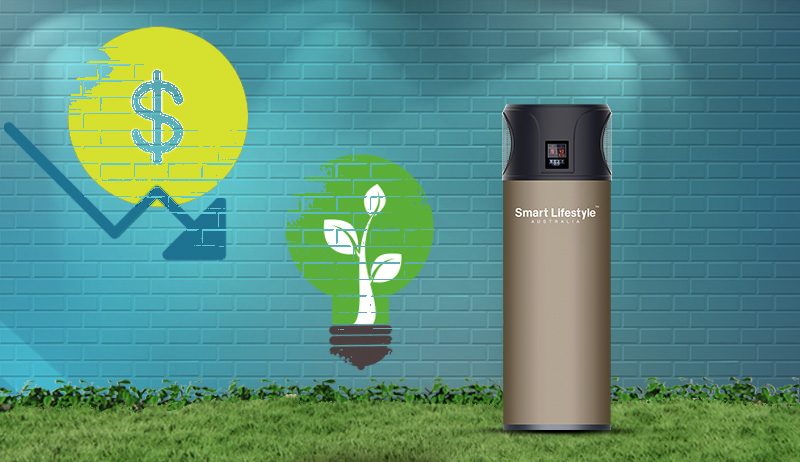
5. Maintenance and Lifespan: Nurturing Your Investment
Making the Upgrade
So, there you have it – the 5 key considerations for upgrading to a heat pump hot water system. It’s like giving your home a high-tech, energy-efficient makeover that’ll save you money in the long run. Just remember, consulting with a pro is your best bet for a seamless transition.
Ready to make the switch? Your future self (and the planet!) will thank you for it! Here’s to a toastier, greener tomorrow!
